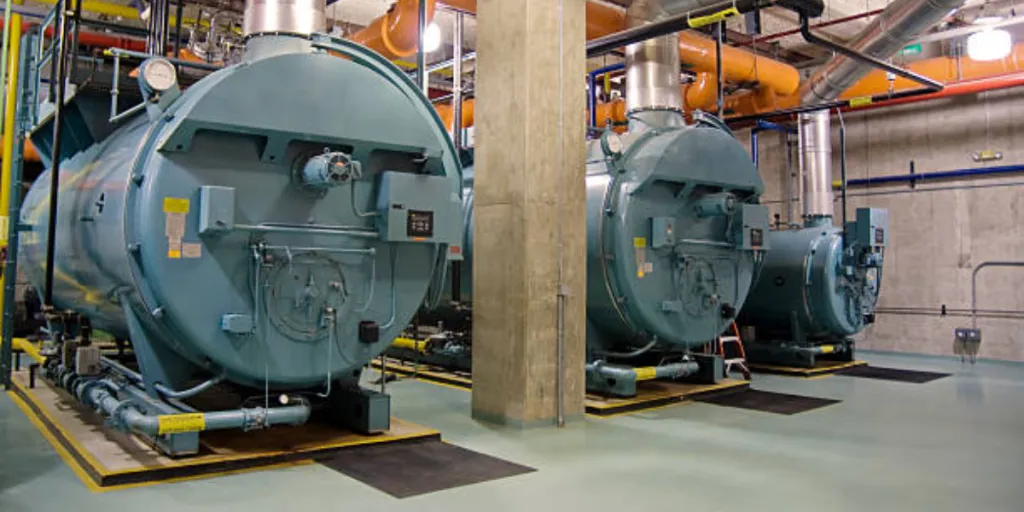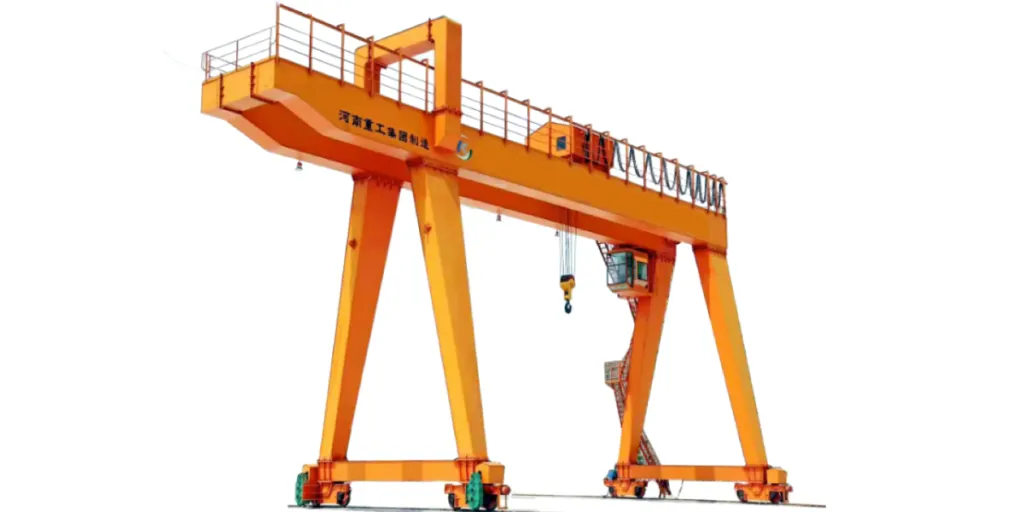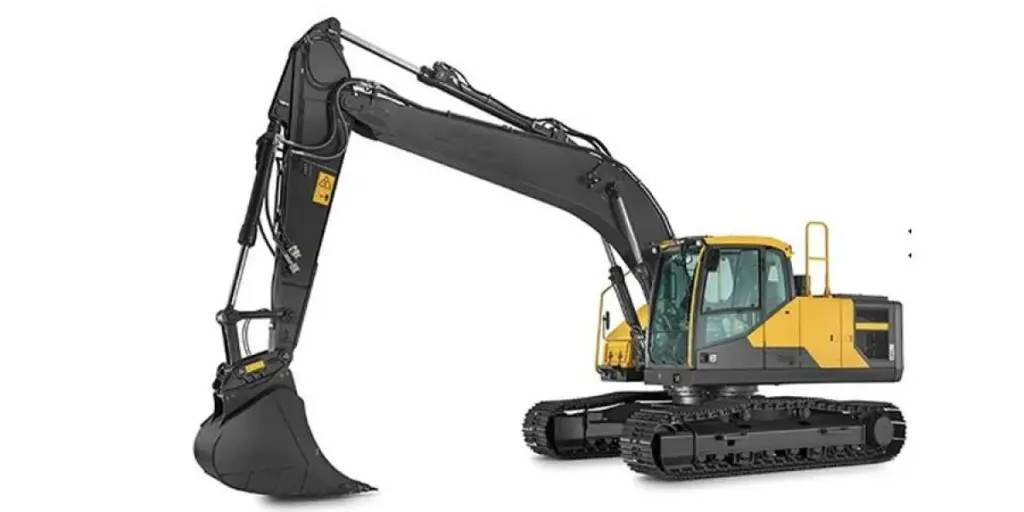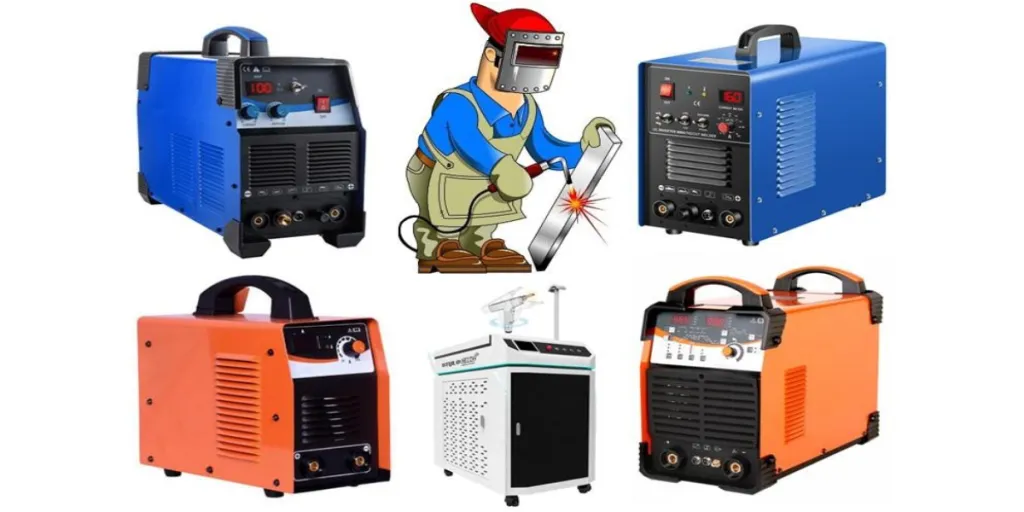Many people think a boiler and a furnace are the same things, but that is not the case. Both are heating systems used at home to warm air. Even though the two appliances serve the same purpose, they differ in the way they work. Before buying any heating system, ensure you have the full information.
This article will take a deeper look at the difference between a boiler and a furnace. Also, it will look at the pros and cons of using the two appliances.
Table of Contents
What is a boiler
What is a furnace
Difference between a boiler and a furnace
What is a boiler
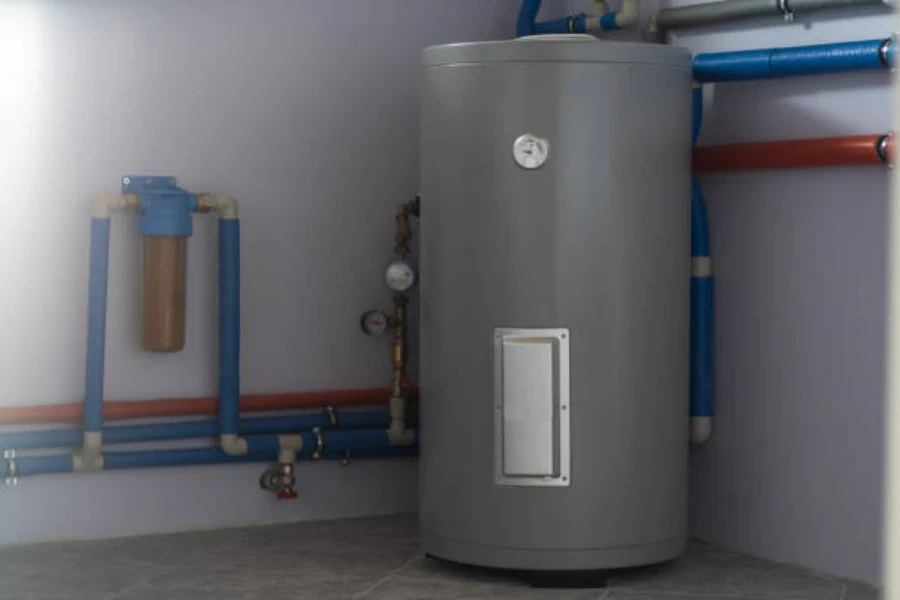
A boiler is a container in which fluid (mostly water) is heated. The heated or vaporized fluid is used in heating applications or other processes as it exits the boiler. As for the hot air, it is circulated through pipes to the required point of use.
The two types of boilers are gas and electric. Gas boilers use a flame and gas to heat water, whereas electric boilers have heating elements to heat the water in a reservoir. The air driven through the pipes heats rooms through the radiant heat transfer method.
Pros
– They are quiet as there is no noisy forced air system kicking on.
– The air produced is not distributed through ducts; thus, they don’t disturb or spread dust allergens that accumulate inside ducts.
– They can power floor pipes using radiant air, which creates heated floors.
– The heat produced is more comfortable.
– The heated water can be reused.
Cons
– They may cause a mess when the tank leaks or pipes burst because boilers hold water.
– They are quite expensive compared to forced air heating systems and furnaces.
– Water may freeze in pipes and burst if the temperatures go too low over prolonged periods due to a power outage.
What is a furnace
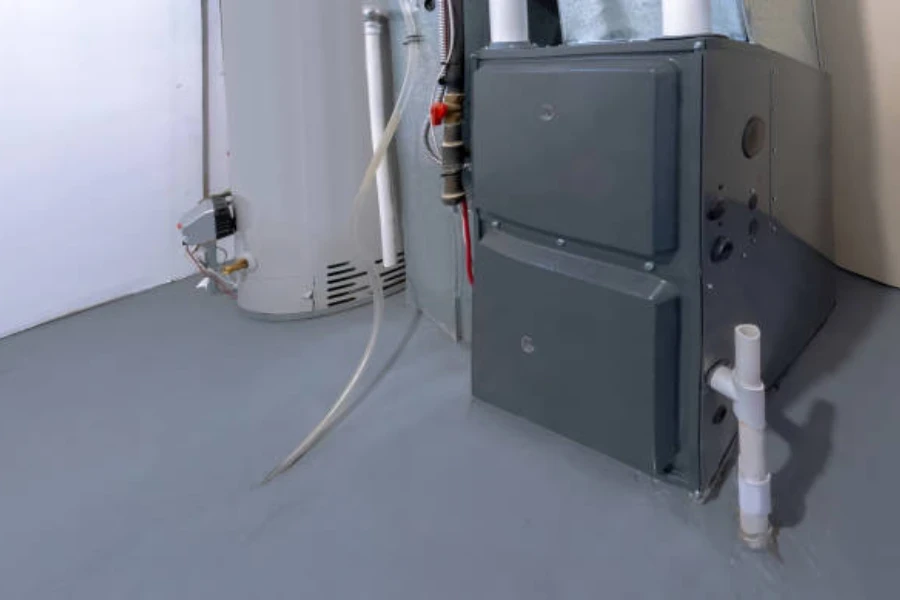
A furnace is a structure that produces heat with the help of combustion. In the olden times, the furnaces were heated with coal or wood. In contrast, most modern furnaces are heated by gas or electricity. They are more efficient because they consume about 98% of the fuel used for heating.
The furnace converts energy into heat, which in turn warms the air. The air is then channeled to the endpoint using ducts and vents.
Pros
– They produce heat evenly and more quickly compared to boilers.
– They are relatively cheap and less expensive to install.
– They don’t tend to freeze during winter.
Cons
– Electric furnaces can get quite expensive during cold conditions.
– They are less efficient than boilers.
– They are noisy when forced air systems kick in.
– The forced air driven through ducts can spread dust and allergens.
– There are risks of valve leaks.
Difference between a boiler and a furnace
1. Cost
The initial purchase price and installation costs of furnaces tend to be lower than those of boilers. The installations can be complicated for both units though; installing a furnace can take hours and setting up a boiler, days. It also depends on the type of boiler or furnace a buyer chooses.
2. Maintenance
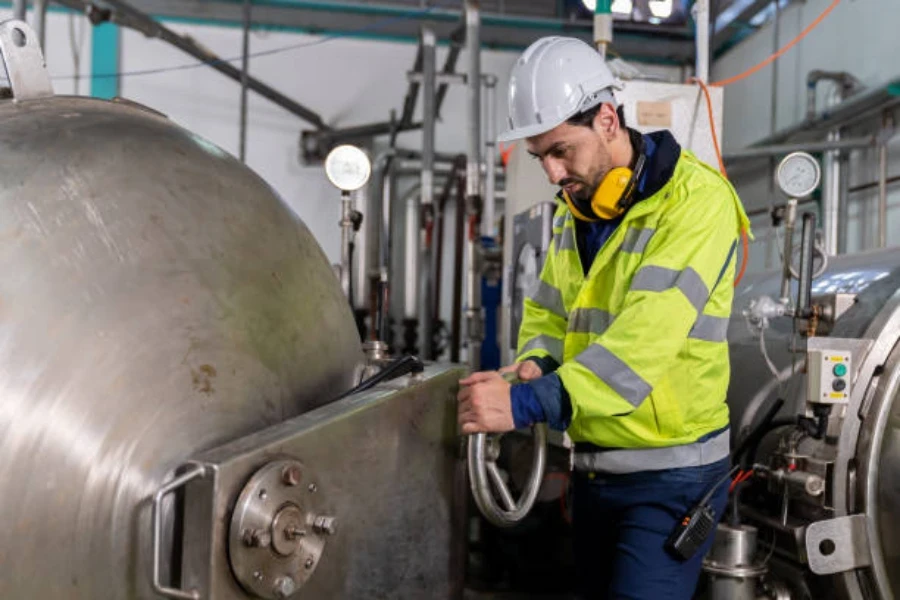
The maintenance requirements for furnaces and boilers differ. Boiler systems need little to no maintenance and yearly service conducted by professionals. Furnaces, however, require a regular change of air filters and an annual inspection. Notably, both units operate using natural gas but require different maintenance programs. Regular checking minimizes the risk of carbon monoxide poisoning or gas leaks.
3. Efficiency
It requires less energy to heat a home with water than with air, so boilers use fuel slower than furnaces. As a result, the energy and operating costs will be lower with a boiler than with a furnace.
4. Lifespan
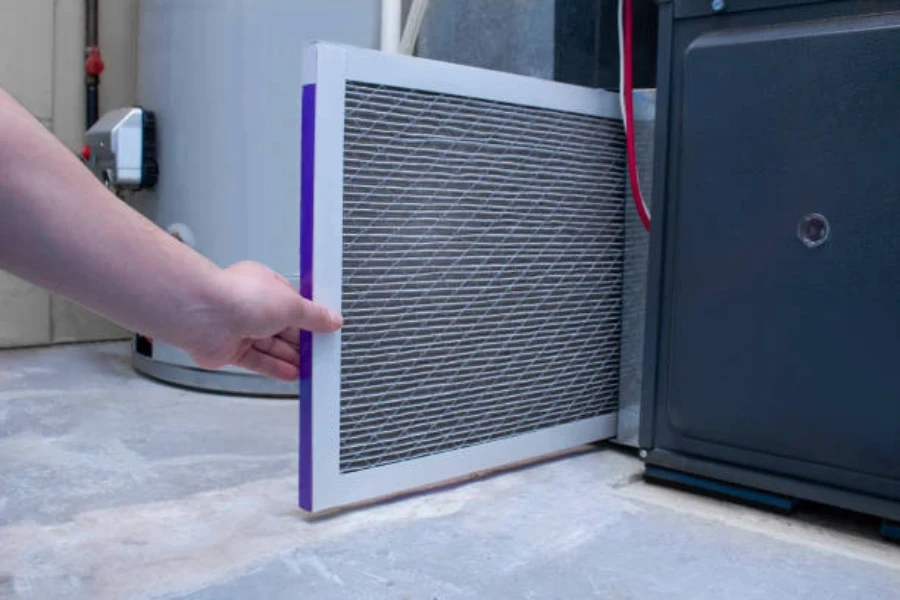
Although boilers and furnaces have similar periods of expected lifespan, furnaces have a better comparative advantage. When well maintained, furnaces can last between 15 and 30 years, whereas boilers can last for approximately 20 years. The timespan depends on the frequency of use and level of maintenance.
5. How they work
Both units are used for heating rooms, but they work differently. A furnace uses natural gas, electricity, or propane to heat air. The heated air is pushed through a home’s ductwork using a blower. Although the air is dry, it creates a high ambiance with the desired temperature.
On the other hand, boiler systems run via natural gas, electricity, oil, or wood pellets to heat water. They use a special pump to heat radiant flooring systems, baseboard radiators, and cast iron radiators in a home. The air is more comfortable compared to furnace heating due to the lack of a blower.
6. Applicable industry
A boiler can be used in multiple industries, like, food and beverages, wood, building materials, paper, oil and gas, chemical, and automobiles. On the other hand, furnaces can be used in refineries, gas processing, petrochemical plants, ammonia plants, and chemical industries. Some of the industries are similar to both units, while others differ.
Conclusion
Buyers should understand that the key difference between furnaces and boilers is how they generate heat. In simpler terms, a furnace uses warm air to heat your home, while a boiler uses hot water or steam from hot water.
The above guide expands on why buyers should make informed decisions on the choice between furnaces and boilers. It narrows down to the budget and personal preferences. To acquire quality furnace or boiler heating equipment, visit Alibaba.com.
